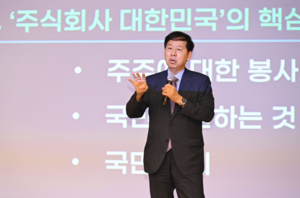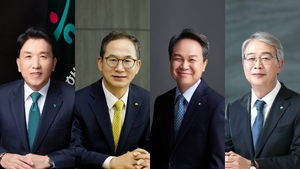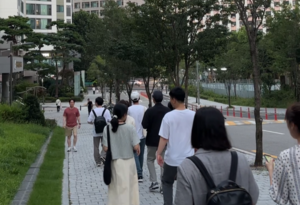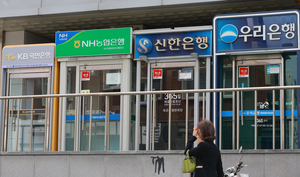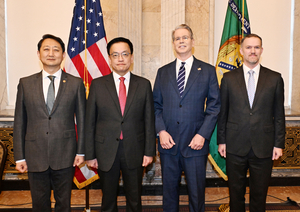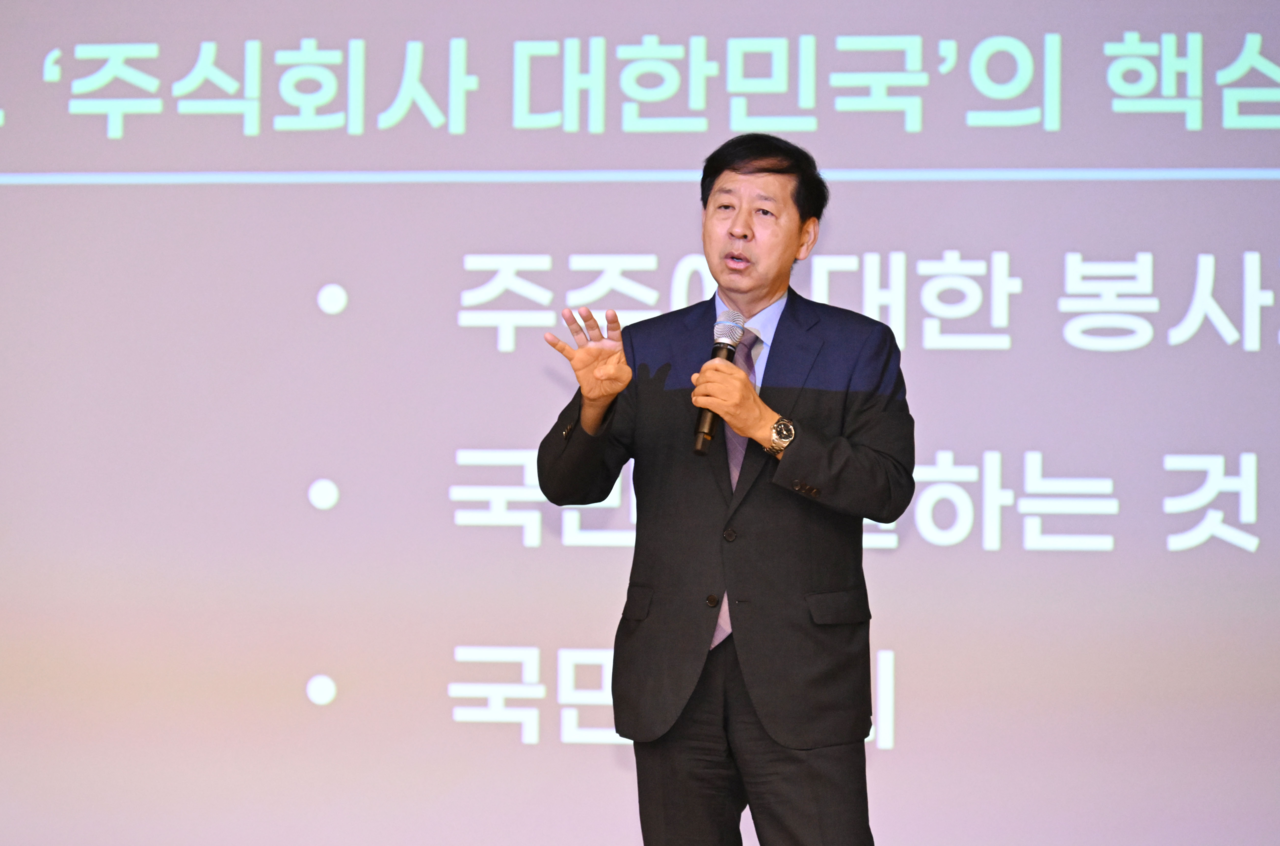
Seasoned bureaucrat Koo Yun-cheol was inaugurated as South Korea’s Deputy Prime Minister and Finance Minister on Monday, ending a three-month leadership vacuum at the ministry tasked with resolving US tariff talks, accelerating tax reforms and leading an AI-driven economic overhaul.
As soon as Koo took office, his first official business trip was scheduled to the US, though the exact schduled was not released as of press time. The trips place at the top of Koo’s agenda highlights the urgency and importance Seoul places on trade negotiations on resolving issues like tariffs on automobiles, steel and aluminum, as well as US demands for wider market access.
Koo said he would prioritize national interests and pragmatism in the trade talks.
“I will visit the US as soon as possible to explain Korea’s situation and work diligently to ensure the best possible outcome in the tariff negotiations,” Koo said, following the inauguration ceremony held at the government complex in Sejong.
Koo and Industry Minister Kim Jung-kwan are reportedly coordinating efforts to meet US Treasury Secretary Scott Bessent and US Trade Representative Jamieson Greer as part of a government-wide push for high-level 2+2 talks.
Key negotiating targets include adjustments to the 25 percent tariffs on critical industries and addressing US requests such as easing online platform regulations, exporting high-precision mapping data, expanding LNG imports and boosting industrial cooperation, including in shipbuilding and the Alaska gas pipeline project.
Another key issue for Koo is a major tax reform package that is expected to be announced soon.
The reforms are anticipated to reverse some of the tax cuts introduced by the previous administration, particularly raising corporate tax rates.
The move responds to declining corporate tax revenues, which fell from some 100 trillion won ($71.8 billion) in 2022 to around 60 trillion last year. While corporate taxes have fallen mainly due to an economic slowdown, the reforms are symbolically significant, representing the administration’s first major fiscal move.
Discussions include scaling back the capital gains tax threshold for major shareholders and restoring some securities transaction taxes, which had been held at near zero rates.
Critics argue that existing policies favor ultra-wealthy investors and create excessive tax exemptions, diverging from broader efforts to achieve fiscal equity. The upcoming reforms aim to restore balance, boost revenue, and address long-standing concerns over tax fairness.
Koo’s advocacy for AI forms a central part of his vision.
He has emphasized that the government must prioritize an AI-driven transformation of the economy to escape an outdated growth model and contend with declining potential growth and widening sector disparities.
During a confirmation hearing before the National Assembly’s Finance and Economy Committee on Thursday, Koo proposed establishing a dedicated AI division within the ministry. He stressed that AI efforts should concentrate on areas where regions and industries have competitive advantages.
“It’s not about applying AI across all industries but honing in on the items that can excel. To do that, we need to eliminate regulations and consider injecting unlimited funds,” he said.
hnpark@heraldcorp.com

